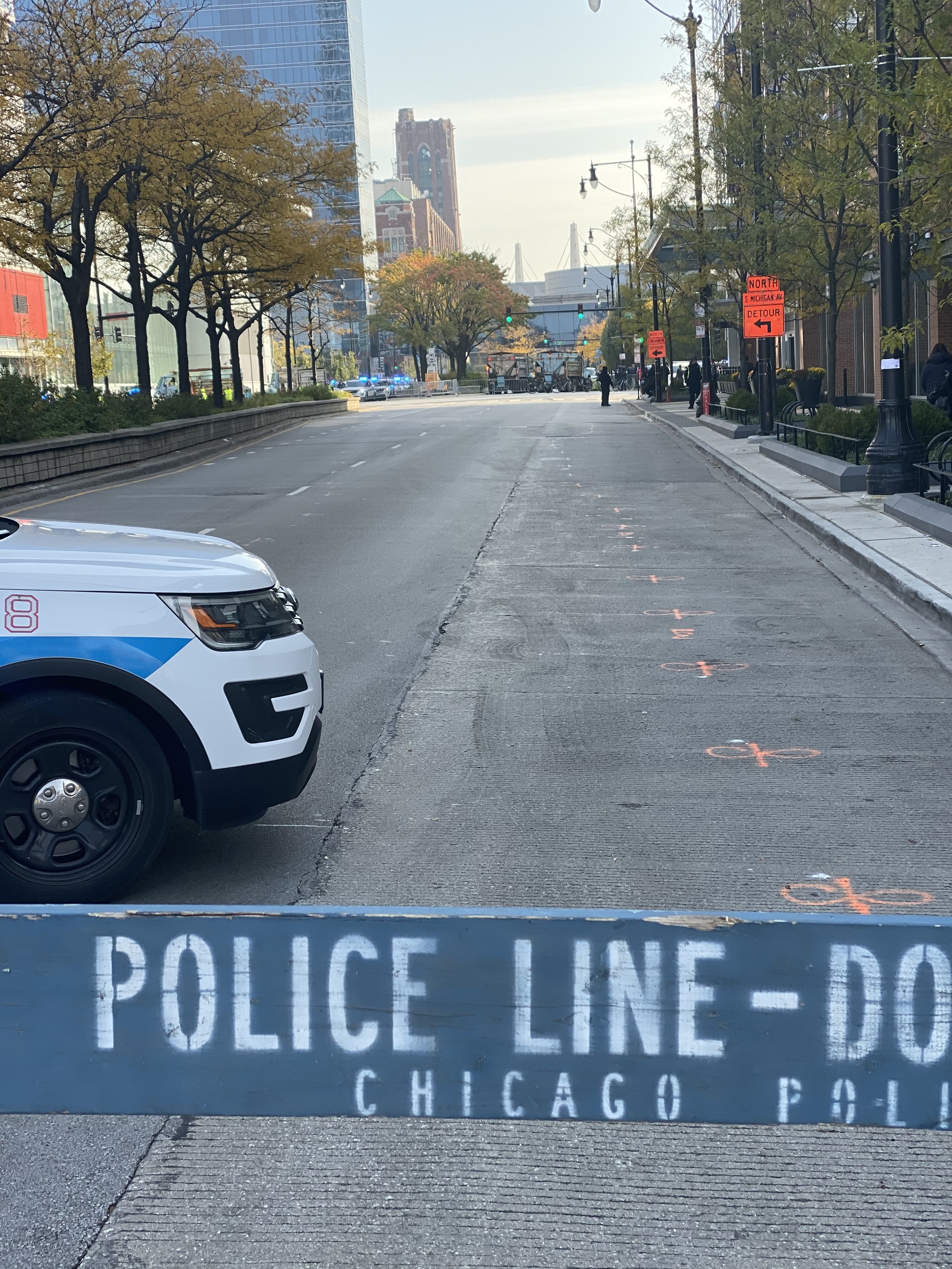
Your Mental Health Matters as Much as the Lives You Protect
As the wife of a former Chicago Police Officer, Cathy has seen firsthand how the demands of the job can take a toll—physically, mentally, and emotionally.
Fatigue, stress, health challenges, family strain, and a growing sense of cynicism are all too common in the lives of first responders. Over time, these pressures can create a deep sense of imbalance, making it easy to lose sight of personal well-being, relationships, and life outside the job.
Many first responders hesitate to seek mental health support for a variety of reasons—stigma, lack of departmental backing, uncertainty about their own mental health, concerns about confidentiality, fear of being misunderstood by a therapist, or worry about being seen as unfit for duty.
With her personal connection to law enforcement, combined with her clinical training and deep understanding of first responder culture, she strives to offer a space that feels safe, respectful, and judgment-free. Her goal is to build trust and create a therapeutic environment where you feel understood, supported, and empowered to prioritize your mental well-being.
What Can You Expect in Sessions?
We take a whole-person approach that supports your mental, emotional, and physical well-being. Our goal is to provide a practical, down-to-earth space where you can recharge, reflect, and refocus.
Here’s what we might explore together:
Self-care practices, stress management strategies, and meaningful downtime
Exercise routines, sleep quality, and nutrition habits
Thought patterns, emotional responses, and behavioral tendencies
Relationship and communication dynamics—on and off the job
Self-awareness of strengths and areas for growth
Setting realistic, achievable goals that align with your values
Any other concerns or topics that are important to you
We’re here to listen without judgment, support you through challenges, and equip you with tools to manage stress, build resilience, and navigate life more effectively.
Your Mental Health Is a Priority—And So Is Your Privacy.
We understand that confidentiality is critical, especially for first responders. You can trust that your sessions are private and handled with the utmost professionalism and care.
Interested in EMDR?
Eye Movement Desensitization and Reprocessing Therapy
What Is EMDR?
EMDR is a therapy approach that helps people process difficult or traumatic experiences that may still be affecting them today. It’s based on the understanding that past, emotionally charged events can shape how we feel, think, and respond in the present—often without us realizing it.
Using a combination of guided techniques and bilateral stimulation (such as eye movements or tapping), EMDR helps your brain reprocess these experiences in a way that reduces emotional intensity and promotes healing.
Do I Have to Talk About Everything That Happened?
No. You don’t have to share every detail for EMDR to be effective. Many people, especially in law enforcement, appreciate that EMDR allows for healing without needing to verbally relive the entire experience.
Will Emotions Come Up?
Yes, emotions or physical sensations might surface during a session—but you’ll never go through it alone. You’ll be guided and supported in a way that keeps you grounded and safe. Once a memory is fully processed, the emotional intensity rarely returns.
Is EMDR Like Hypnosis?
No. During EMDR, you are fully awake, aware, and in control. It’s not about losing consciousness—it’s about helping your brain heal in a structured and supported way.
For more information or to get started, feel free to reach out to us at (312) 415-9014 or via email at intake@cmp-counseling.com. We are here to help!
Spouses/Partners of First Responders:
We offer individual counseling specifically for the spouses and partners of first responders. If you’re interested in learning more or scheduling an intake appointment, please click here to fill out the intake inquiry form or give us a call at (312) 415-9014. We are here to support you!
Taking the First Step
We understand that with first responders, trust is earned—and privacy is everything. Starting therapy doesn’t mean something is “wrong” with you; it means you’re taking care of yourself the same way you would with your physical health.
Our first session is just a conversation. There’s no pressure to open up more than you’re comfortable with. We’ll talk about what’s on your mind, what you’re looking for, and how we can support you. Our goal is to provide a space that respects your experience and feels like a break from the job.
Resources for First Responders:
You Are Never Alone




